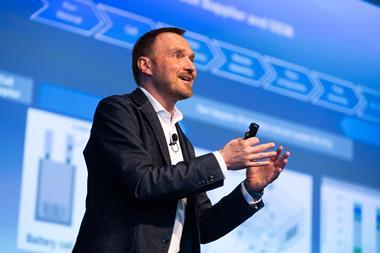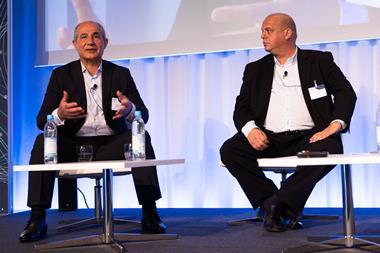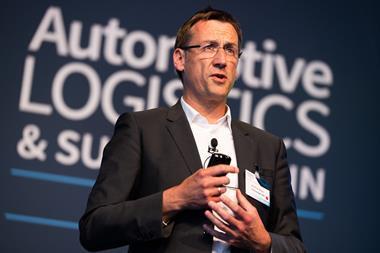VW starts ID.5 production at Zwickau with smart logistics
By Marcus Williams2022-01-31T09:43:00
Volkswagen has started series production of the ID.5 electric vehicle (EV) at its Zwickau plant in Germany, the sixth EV to be made at the plant after the ID.3, ID.4, Audi Q4 e-tron, Q4 Sportback e-tron and Cupra Born. The ID.5 also comes in a GTX version.
To support the growth in EV production at Zwickau, VW has added more than 50,000 sq.m of operational space at the plant at a cost of €115m, which includes a new logistics building and battery sequencing hall. It has also expanded the press shop at the plant to accommodate the onsite pressing of all shell body parts for the EVs being made there. That move has enabled VW to remove 9,000 truck trips a year, equal to 5,800 tonnes of CO2, according to the company.

























![Global[1]](https://d3n5uof8vony13.cloudfront.net/Pictures/web/a/d/s/global1_726550.svgz)














